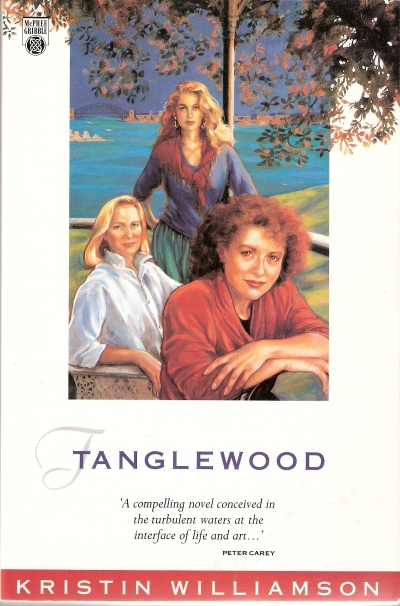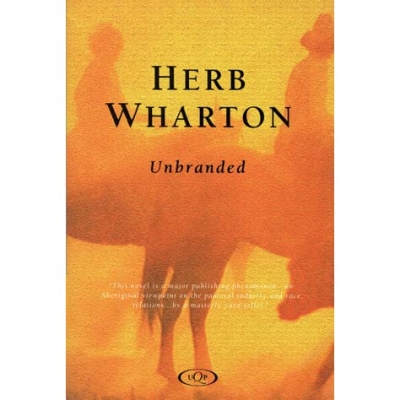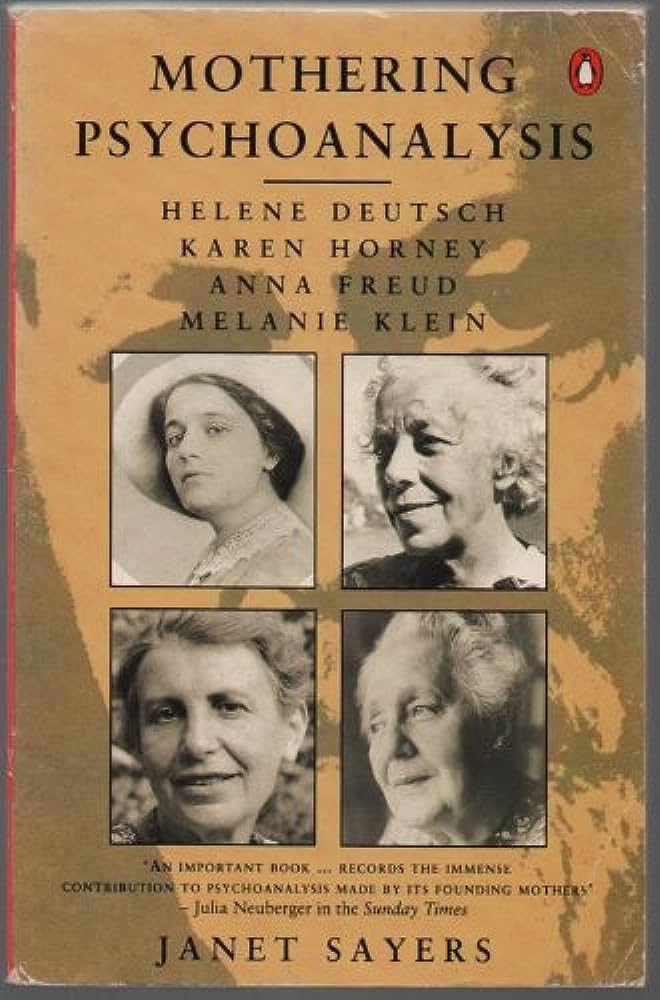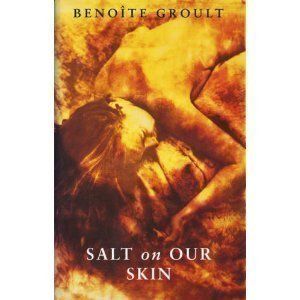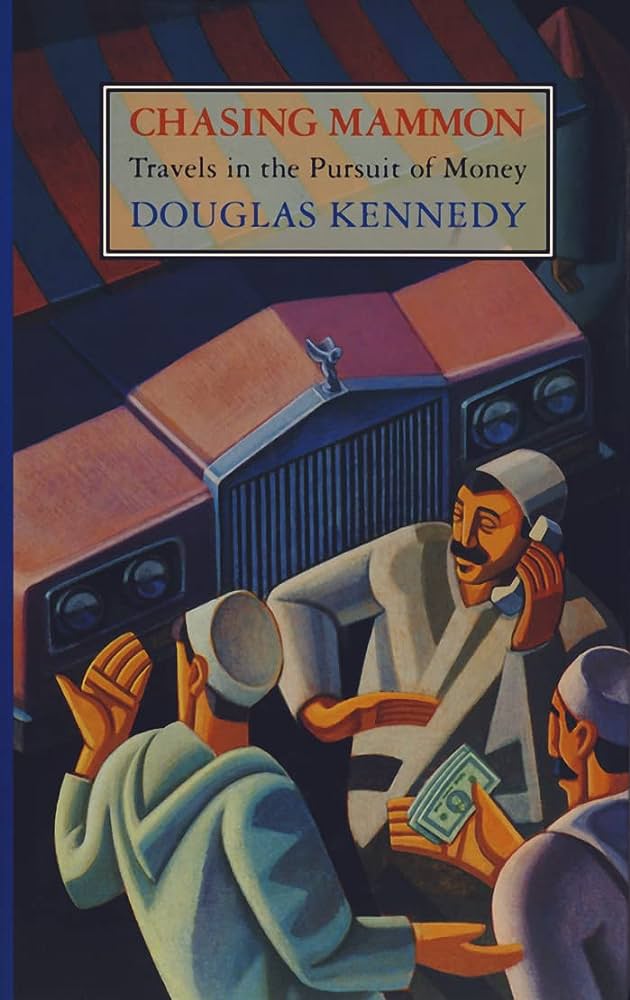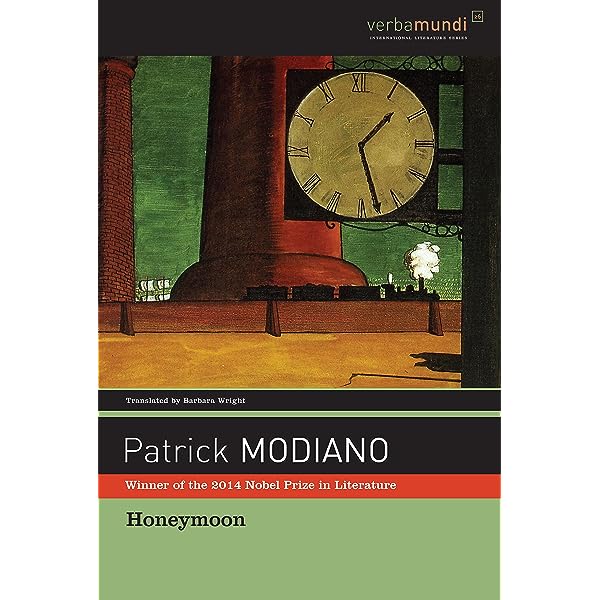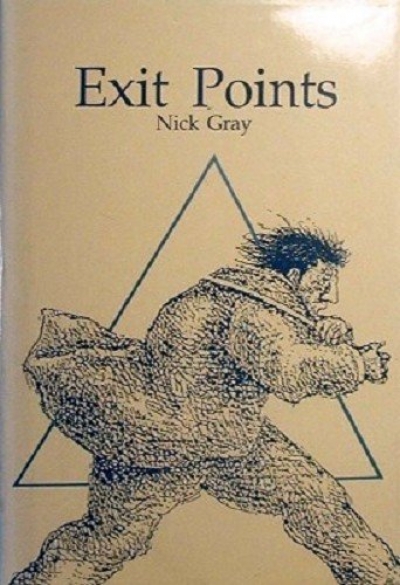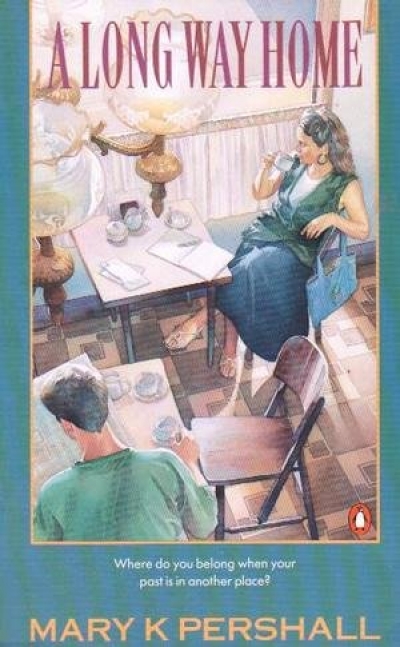Fiction
It’s high time that bookstores set aside a section for novels that document the increasingly familiar territory of the inner lives of middle-class white Australian women who grew up in the 1960s.
... (read more)Billed on the front cover as ‘an entertaining comedy of manners’, this is exactly what this light but pacy, 500-page novel turns out to be. It is the story of Andrea, a well-off wife and mother whose life changes when her husband leaves her for someone else.
... (read more)These stories are well written and rather depressing. That makes them, I guess, rather representative of what one might call the current state of short-story writing by urban males. One thinks immediately of recent collections by Garry Disher and Nick Earls. There seem to be a few basic starting off points, the most notable being in the delineation of defensiveness and insecurities that give the male characters, who are often the narrators, a sensitive but decidedly uptight response to, well, almost everything. Women, parents, children (their own), and particularly the drab world that has snuffed out some early spark of liveliness or vitality (which is usually rubbed for sympathetic magic in moments of nostalgic recall).
... (read more)Herb Wharton’s first novel is a highly readable account of the lives of three stockmen in far west Queensland. Sandy is a white man, Bindi a Murri, and Mulga related to both of them through his parents.
... (read more)This account of the lives and work of four women who followed in the rather large footsteps of Freud, the man with the beard and pipe who named that pesky enigma, the unconscious, is delightful on many counts. Or perhaps delightful is not the right word: but who cares, Lacan would make my word a wrong word anyway, so let it be delightful.
... (read more)Now over seventy, Benoîte Groult of the fierce name and fiercer disposition, has written a delightful story about sex and desire that is sure to turn heads. Its central character is a woman named George – as in Sand, and she is small and chic like that writer. (If you thought that George Sand was a formidable hulk of a woman with coarse hair and thin lips, this book points out that she was a little woman, with tiny feet, apparently.) The other half of the story is Gavin Lozerech, or at least that’s what he’s called for the purposes of this retelling of their passionate, life-long love affair. George toyed with Kevin, Tugdual and Brian Boru before she chose the pseudonym Gavin, as in the Gawain of the Breton cycle.
... (read more)Chasing Mammon: Travels in the Pursuit of Money by Douglas Kennedy
Gavin is a Breton sailor, with much salt on his skin from the squally weather he must submit himself to over towards the coast of Ireland. But other salt is on their skins, as these two find themselves irresistibly drawn to each other, despite the dreadful gap between their life experiences and expectations. More often than not, at the first sign of a scene of sexual doings, you can begin cringing, as writers search for dubious imagery usually more redolent of the kitchen than the bedroom. But there is something naively successful about George’s descriptions and explanations. It’s all rather hearty and pleasing.
Nothing very much happens; outside of their various coming-togethers, they marry other people, have children, work at their separate lives, move around the world. But back they come, and the passion is, as they say, rekindled, so they’re at it again, with gay abandon.
The tone is set in the opening chapter when George warns: ‘… there’s no way I can tell my story without describing the sin of firkytoodling, as sexual play was known in the sixteenth century.’ And firkytoodle they do, as often as time and tide allows. The translation, by the way, is superb. Goodness knows what firkytoodling was in the French, but this kind of totally right transition from the original French into English signals the translator, Mo Teitelbaum, to be chouette.
... (read more)The enigmatic Ingrid Theyrsen takes her own life one summer in Milan. Eighteen years later, the memory of this suicide explodes in the memory of a man who knew her briefly. Jean, a professional explorer, engineers his own disappearance without leaving his hometown (Paris) in order to piece together what he knows of Ingrid’s existence before her death. But is he constructing a life or succumbing to the same inexplicable force that destroyed his subject? This is the theme of Honeymoon, a highly-acclaimed novel by French author Patrick Modiano.
... (read more)As novels such as Lucky Jim attest, universities provide a fertile setting for excursions into bizarre humour. Even at the best of times they seem somewhat divorced from reality, so sending them further off the planet by depicting them through the jaundiced eye of satiric exaggeration fits nicely.
Exit Points by Nick Gray is set in a university. But it is not about tertiary education as such. The novel – often hilarious, usually funny, sometimes ludicrous – is an extravagant attack on the structures of reality, undertaken in an academic context for the reasons I’ve already suggested. Like Alice in Wonderland – towards which it nods deferentially – Exit Points digs a way at ordinary human assumptions until the reader is dropped into the chaos of thoroughly enjoyable nonsense. But, as in Alice, we remain aware that reality is the real issue here, even though its structure might be utterly discredited.
... (read more)Who does this book think it is? Fiction or autobiography, for teenagers or adults? Every book has an idea of its own identity, established by its author, editor, and publisher, and proclaimed through its cover, the style and form of the text, and the accompanying publicity. A Long Way Home seems to suffer from an identity crisis.
... (read more)

